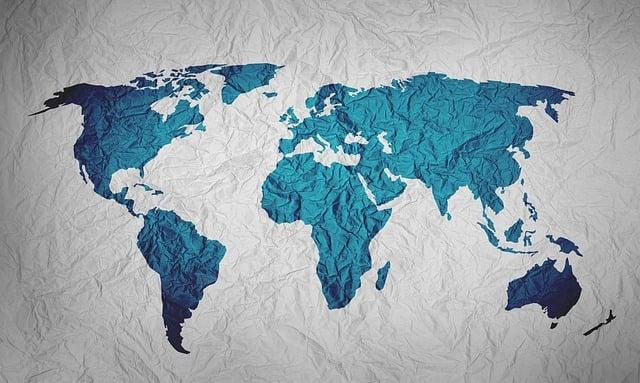by Victoria White Berger, American Thinker:

Then and now, a global agenda which calls for massive human displacement, death and domination runs its course like any other human effort—in the end, you only end up with what you’ve paid for.
We do not have the exact faces yet of the globalist(s) who are bringing our country, and many others, to their knees. The lens of history will eventually provide the name(s).
A few historic examples include the conquests of Genghis Khan, overwhelmingly paid in bloodshed and human decimation in nomadic Mongolia, and the European Napoleon Bonaparte, more characteristically paid in public works, civic culture, and an early version of subsequent French military colonialism; Khan was the Mongolian warrior-ruler of the great Mongol Empire in the 13th century, and Napoleon Bonaparte, militarized and “organized” Western and Central Europe in the 19th century.
TRUTH LIVES on at https://sgtreport.tv/
First, Mr. Khan, from Britannica:
Genghis Khan was a warrior and ruler of genius who, starting from obscure and insignificant beginnings, brought all the nomadic tribes of Mongolia under the rule of himself and his family in a rigidly disciplined military state. He then turned his attention toward the settled peoples beyond the borders of his nomadic realm and began the series of campaigns of plunder and conquest that eventually carried the Mongol armies as far as the Adriatic Sea in one direction and the Pacific coast of China in the other, leading to the establishment of the great Mongol Empire.
Khan oversaw a swathe of territory that “spanned from the Pacific Ocean in the east to the Danube River and the shores of the Persian Gulf in the west” and at its height, was roughly “9 million square miles” in size. As Britannica notes, it was “the largest contiguous land empire in world history.”
Khan’s empire came into dissolution rapidly after his death, a fate that later befell Europe under Napoleon; both globalists represent a powerful conceit which eventually fell before the resurrection of strong tribal, native, and subsequent national identities bolstered by strong and common social consciousness.
Although Khan himself was not formally attached to any “religion,” his two sons converted the Mongols to Islam. While Islam is commonly associated with Mohammed, its massive, historical and present livelihood is more in truth sourced with military incursions; there is little freedom under Islam, unless you’re a Muslim male, so it’s a perfect vehicle for conquest. Islam is, historically, more about the ideology of territory, commerce, and economics. On the Mongol Empire:
The idea of a heavenly mission to rule the world was certainly present in Genghis Khan’s own mind and in the minds of many of his successors, but this ideological imperialism had no foundation in nomadic society as such. It was most probably due to influences from China where the ‘one world, one ruler’ ideology had a long tradition. The creation of nomad empires in the steppes and the attempts to extend their rule over the more settled parts of central Asia and finally over the whole known world may also have been influenced by the desire to control the routes of intercontinental land trade. The desire for plunder also cannot be ignored, and it was certainly not by accident that the first attacks by nomad federations were usually directed against those states which benefited from the control of trade routes in central Asia such as the famous Silk Road.
Read More @ AmericanThinker.com




